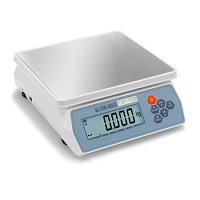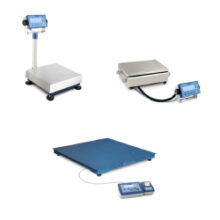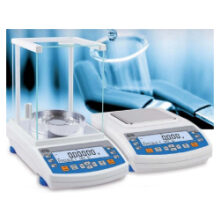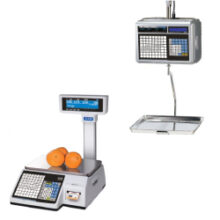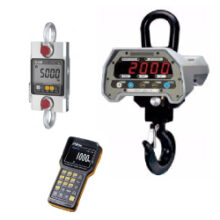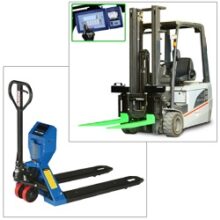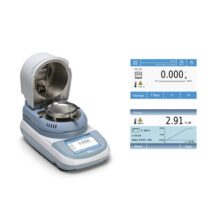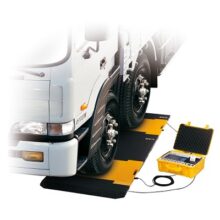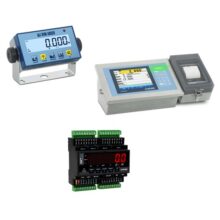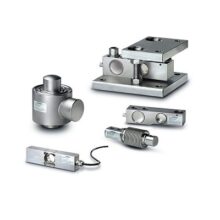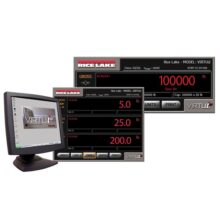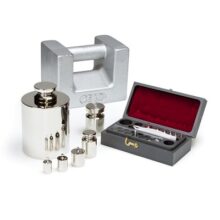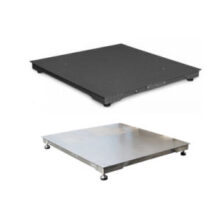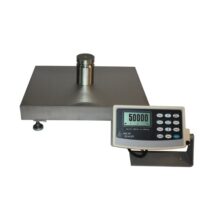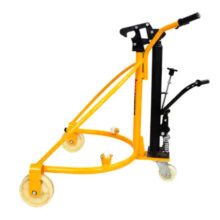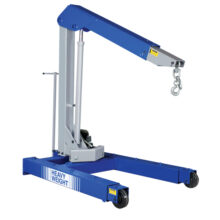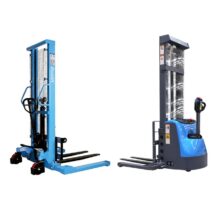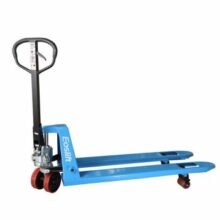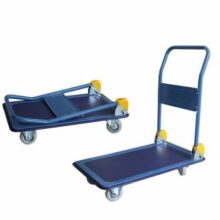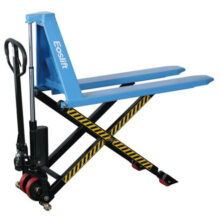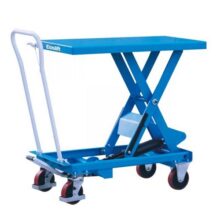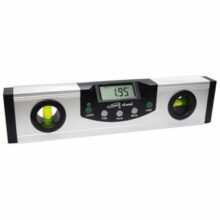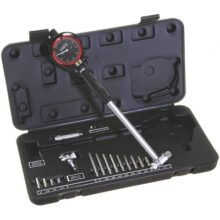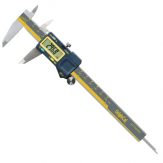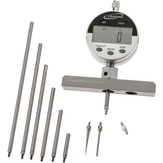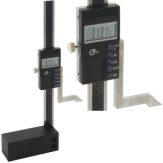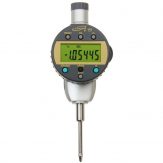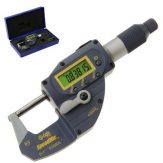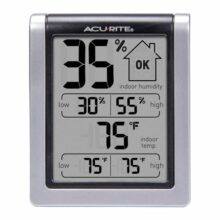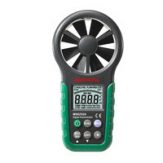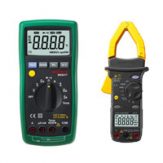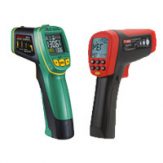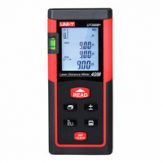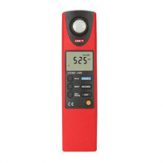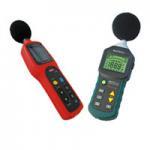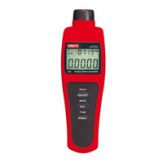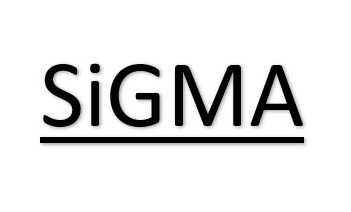Weighing scales are an important tool for measuring the weight of a variety of objects. They are used in a wide range of industries, including manufacturing, retail, agriculture, and transportation. There are many different types of weighing scales available, each with their own unique features and capabilities. In this article, we will discuss the different types of weighing scales and their specific uses.
Mechanical Scales
Mechanical scales are the oldest type of weighing scale and use a system of levers and gears to measure weight. They are typically less accurate than electronic scales and are more prone to errors due to wear and tear. However, they are often less expensive and do not require a power source.
Beam Scales
Beam scales use a balance beam to measure weight. They are also known as balance scales or double-pan scales. They consist of a beam that is balanced on a fulcrum, with the object to be weighed on one pan and weights on the other. Beam scales are relatively simple to use and are ideal for weighing small objects.
Dial Scales
Dial scales, also known as pointer scales, use a pointer to indicate the weight on a dial. They are similar to beam scales in that they use a balance mechanism, but they are more accurate and can be used to weigh larger objects. They are often used in industries such as agriculture and transportation.
Digital Scales
Digital scales use electronic sensors to measure weight and display the weight reading digitally. They are the most accurate type of scale and are widely used in a variety of industries. They come in a wide range of sizes and capacities and can be connected to other devices such as computers or printers for data recording.
Electronic Scales
Electronic scales are similar to digital scales in that they use electronic sensors to measure weight. They are often more sophisticated than digital scales and come in a wide range of sizes and capacities. They are widely used in a variety of industries and can be connected to other devices such as computers or printers for data recording.
Conclusion
In conclusion, there are many different types of weighing scales available, each with their own unique features and capabilities. Mechanical scales are the oldest type and are less accurate, but they are less expensive and do not require a power source. Beam scales use a balance beam to measure weight, Dial scales use a pointer to indicate weight on a dial, Digital scales are the most accurate type of scale and are widely used, Electronic scales are similar to digital scales but are often more sophisticated. It’s important to choose the right scale for your specific needs based on the type of object to be weighed and the level of accuracy required.

